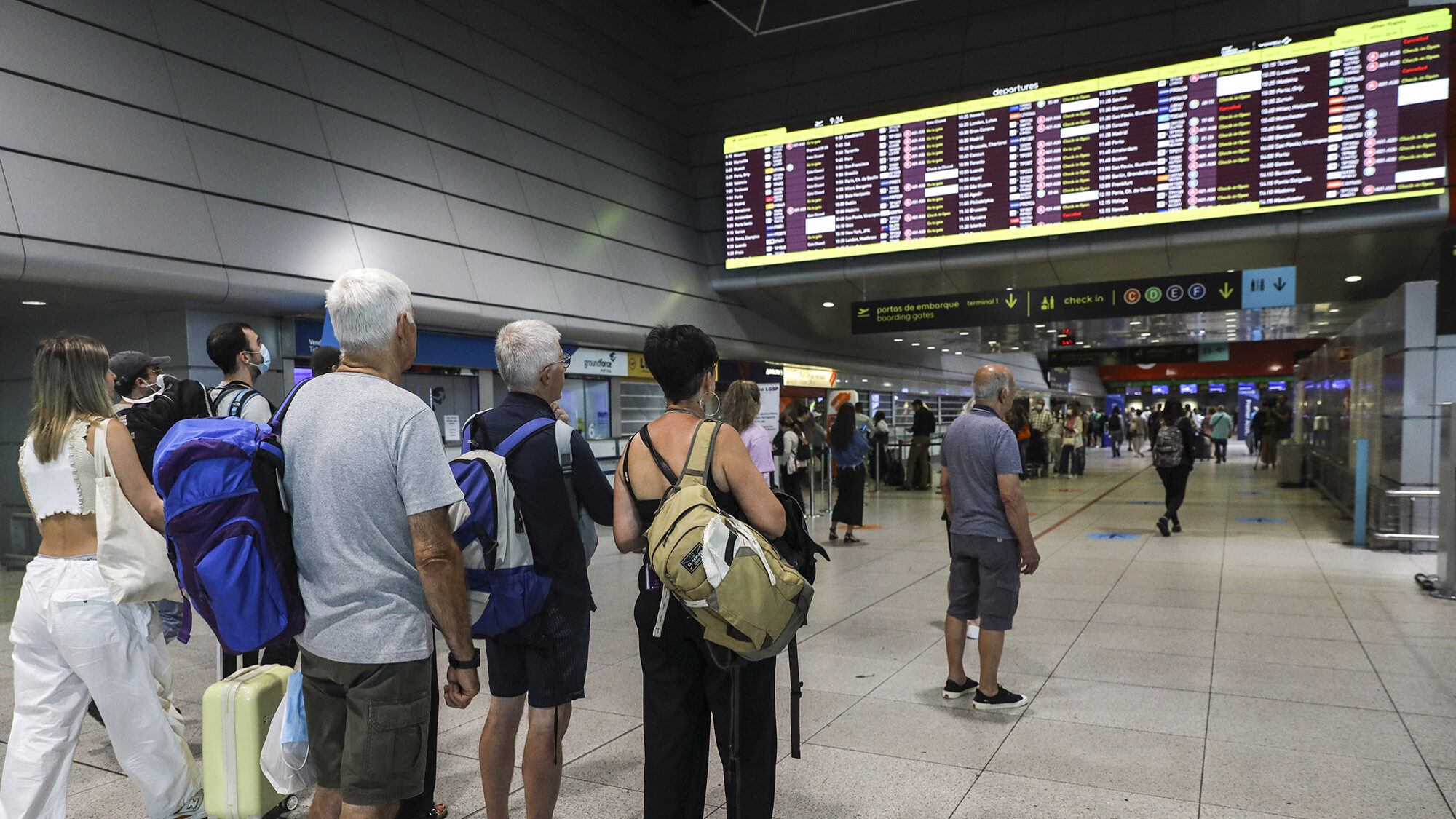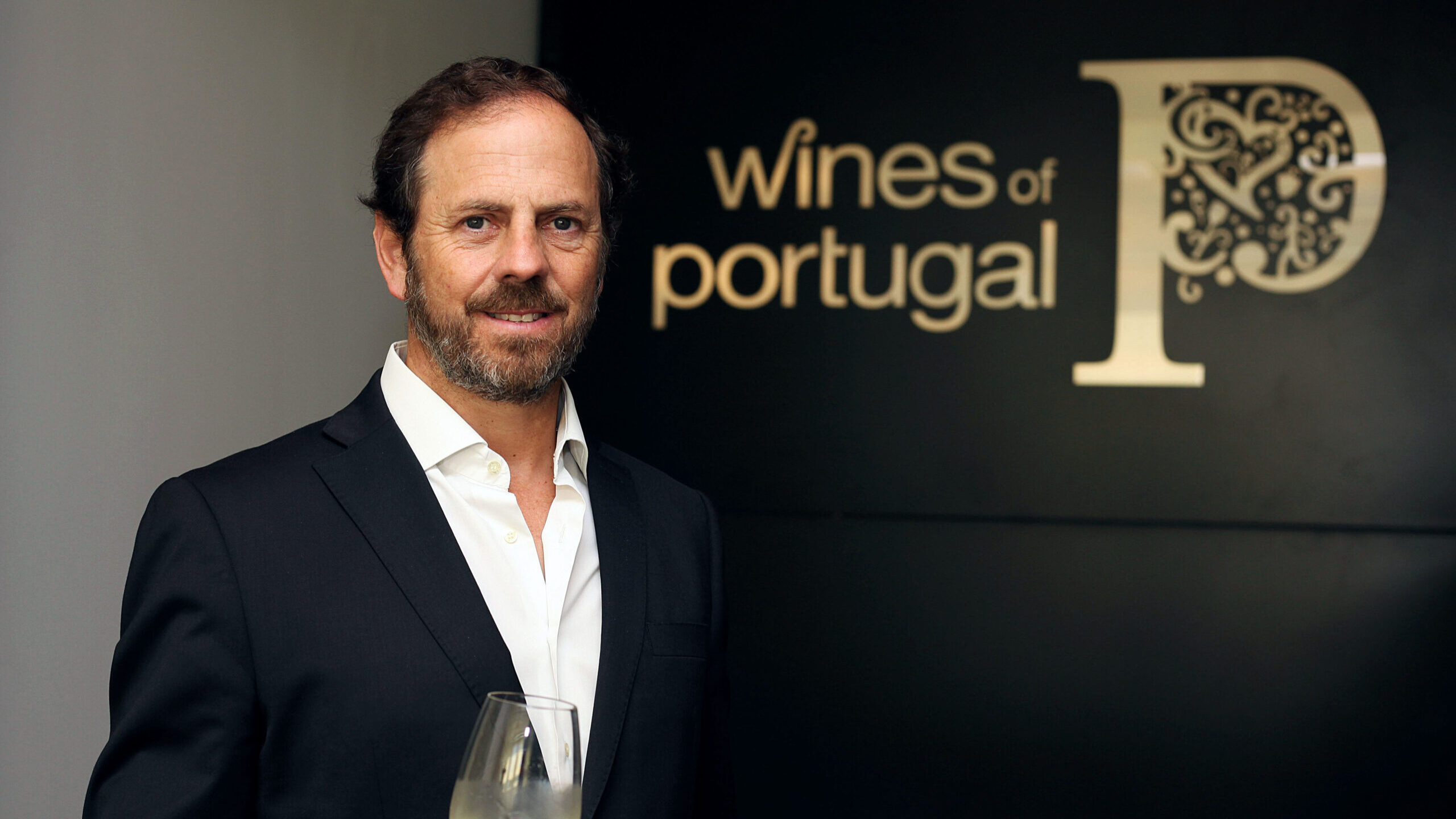Government reserves 5% of TAP for workers, but part may go to strategic investor
Decree-law confirms that 5% of capital is reserved for workers, but if they do not purchase the entirety, the remainder will go to the reference investor to purchase 44.9%.
The decree-law for the privatisation of 49.9% of TAP was published on Thursday in Diário da República, confirming the reservation of a 5% stake for employees. However, if they do not want the entire stake, the remainder will go to the lead investor who purchases 44.9% of the airline.
The reprivatisation process comprises the “direct sale of up to 44.9% of TAP’s share capital, without prejudice to the provisions of Article 3(2), possibly accompanied by one or more capital structure changes, if these changes are determined by the Council of Ministers”, according to the Decree-Law.
It also includes “an offer to TAP employees and employees of other companies that are in a controlling or group relationship with it, hereinafter referred to as the ‘TAP Group’, of a block of shares representing up to 5% of TAP’s share capital, hereinafter referred to as the ‘offer to employees'”.
“Without prejudice to other elements that may be required, the acquisition proposals include the price offered per TAP share, with the reference investor also being obliged to acquire all shares that are not sold under the offer to employees at the price stated in the successful bid”, it stressed.
The completion of the transactions referred to in the previous paragraph may not result in the Portuguese State holding less than 50.1% of the shares representing TAP’s share capital, according to the law published in the Diário da República.
Direct sale allows flexibility in selection
According to the Government, the sale process aims to “maximise the recovery of the amounts invested by the Portuguese State in TAP”, “ensure the promotion of the TAP brand” and “attract private investment that contributes to the valuation, sustainability and growth” of the company, including the development of new ventures in terms of routes and markets and the use of sustainable fuels.
It also emphasises the objective of preserving and expanding TAP’s maintenance and engineering centres of excellence and “creating synergies with the reference investor in order to increase TAP’s competitiveness in a context of market consolidation”.
The Executive led by Luís Montenegro stressed that “the direct sale model has been chosen because it is considered to be the one that best serves the national interest, given the specific characteristics of the sector and the strategy defined by the Government for it”.
“In fact, the option of direct sale allows for the selection of the lead investor with the necessary flexibility to pursue the objectives of this reprivatisation, allowing for the optimisation of the associated benefits”, he added.
Next step: specifications
The deadline for the sale process will be determined in specifications yet to be approved by the Council of Ministers.”‘Potential interested parties may express their interest in participating in the direct sale process until the deadline set out in the specifications”, the Government explained in the Decree-Law.
It is the responsibility of the Council of Ministers to “determine the content and approve the specifications defining the conditions of the direct sale”, it added.
It also explained that the direct sale “may be organised in one or more stages”, depending on the option that best suits the objectives of the reprivatisation process, as determined by the Council of Ministers.
In organising the direct sale, the Council of Ministers may, in particular, determine that the direct sale should include any one or more of the following stages:
- Assessment of compliance by interested parties with the criteria set out in Article 5(1) for the purpose of issuing an invitation to submit a purchase proposal by the interested party;
- Submission of non-binding purchase proposals, with a view to their selection for the purpose of issuing an invitation to the respective bidder to submit a binding purchase proposal;
- Submission of binding acquisition proposals, with a view to their selection for the purpose of awarding the contract;
- Negotiation for the purpose of inviting the respective bidder to submit final and improved binding proposals, with a view to their selection for the purpose of awarding the contract.
Interested parties await conditions
The three largest aviation groups in Europe – Lufthansa, Air France KLM and IAG – took advantage of their second quarter results presentations to reiterate their interest in buying a stake in TAP, but stressed that they will analyse the conditions.
IAG stated that “if the terms are right”, it believes that TAP “could be successful as part of IAG’s distinctive and proven model”. Air France-KLM, for its part, assured that it continues to “study” this opportunity, but explained that it will always be a “business decision” – and if the Franco-Dutch company finds “too much risk”, it will not even enter the race.
Carsten Spohr, CEO of Lufthansa, said that TAP remains “an interesting option” for the German airline, but clarified that he is in no hurry with the process, as he is focused on the integration of ITA, the Italian company in which he acquired a 41% stake last year.




